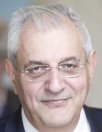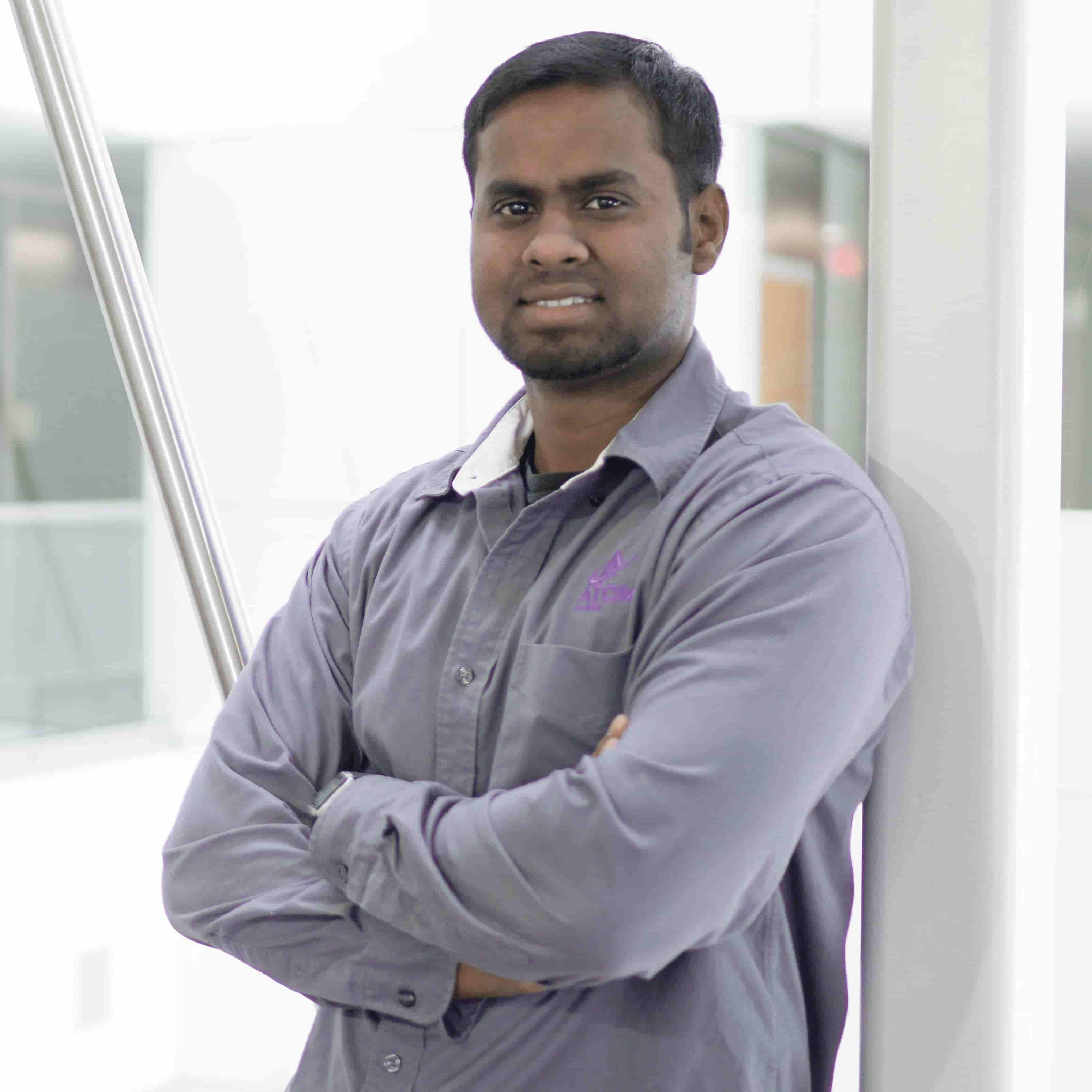The IEEE PES Task Force on Innovative Teaching Methods for Modern Power and Energy Systems
By Panos Kotsampopoulos and Nikos Hatziargyriou
A new IEEE PES Task Force has been formed to investigate, create, and promote the use of innovative teaching methods and material in modern power and energy systems.
Modern energy systems are faced with the decentralization of energy production, the integration of storage (stationary or mobile), the interconnection of different energy carriers, new market models, and the wide use of ICT in all areas. In order to respond to the emerging industrial needs in a complex multi-domain environment, new skills and expertise are necessary in different fields. The role of education and training is of great importance for the new generation of professionals and innovators who will address the current and future challenges. Luckily, recent technological advancements can revolutionize education by providing a plethora of new tools and possibilities. E-learning receives unprecedented attention with the roll-out of Massive Open Online Courses (MOOCs), webinars, and advanced tools, such as interactive notebooks. New ways of laboratory education are emerging, such as remote (distance) labs, hardware-in-the-loop simulation, and augmented/virtual reality. Classroom education is also transformed with the advent of e-learning, while the boundaries between classroom and laboratory education are becoming more flexible. At the same time, engineering educational research proposes methods that can increase student engagement and enhance student performance. Active learning, problem-based learning, and experiential learning, among others, are increasingly gaining interest, while the importance of addressing different skill levels (e.g. according to Bloom’s taxonomy) has been recognized.
In this framework, the IEEE PES Task Force on innovative teaching methods for modern power and energy systems successfully kicked off during the virtual IEEE PES General Meeting 2020. The TF operates in the framework of the University Education Activities Subcommittee of the IEEE PES Power and Energy Education Committee (PEEC) and will investigate, create, and promote the use of innovative teaching methods and material in modern power and energy systems. Blended learning, innovative laboratory exercises, and e-learning tools will be in particular focus, complemented with interdisciplinary and efficient teaching methods based on engineering educational research. Moreover, the TF will serve as a forum for sharing and disseminating educational content, tools, and best practices, while exploring the cooperation with other PES Committees.
In more detail the Task Force will address:
- New trends in laboratory education for modern power and energy systems: remote/virtual labs, hardware-in-the-loop simulation, and augmented/virtual reality.
- Transforming the power and energy classroom: blended learning and e-learning tools (e.g. interactive notebooks, animations, MOOCs etc)
- Advanced teaching methods for power and energy systems: problem-based learning, active learning, interdisciplinary approaches, while addressing different skill levels. Moreover, metrics to evaluate the educational outcomes will be addressed.
- Identification of gaps between the current skill/competence needs of the industry and the output of universities.
The Task Force will produce a PES Technical Report in summer 2022. A paper on using real-time hardware-in-the-loop simulation for education and training is also planned in cooperation with the Task Force on Real-Time Simulation of Power and Energy Systems, along with the organization of panel sessions in IEEE PES sponsored conferences.
You are warmly invited to join this effort. Don’t hesitate to contact Panos Kotsampopoulos at kotsa@power.ece.ntua.gr
This article edited by Mehrdad Rostami
For a downloadable copy of the October 2020 eNewsletter which includes this article, please visit the IEEE Smart Grid Resource Center.


To have the Bulletin delivered monthly to your inbox, join the IEEE Smart Grid Community.
Past Issues
To view archived articles, and issues, which deliver rich insight into the forces shaping the future of the smart grid. Older Bulletins (formerly eNewsletter) can be found here. To download full issues, visit the publications section of the IEEE Smart Grid Resource Center.




